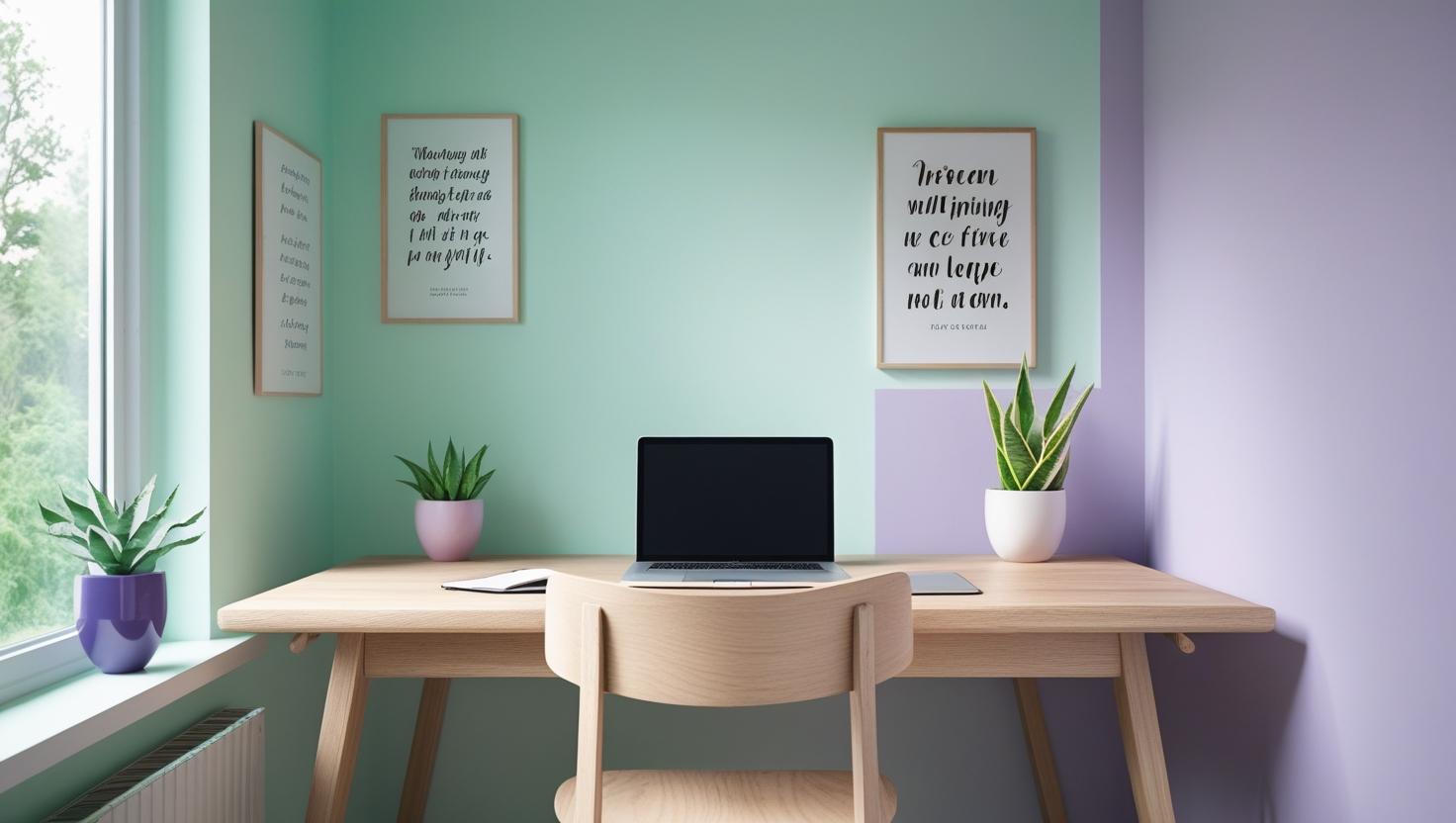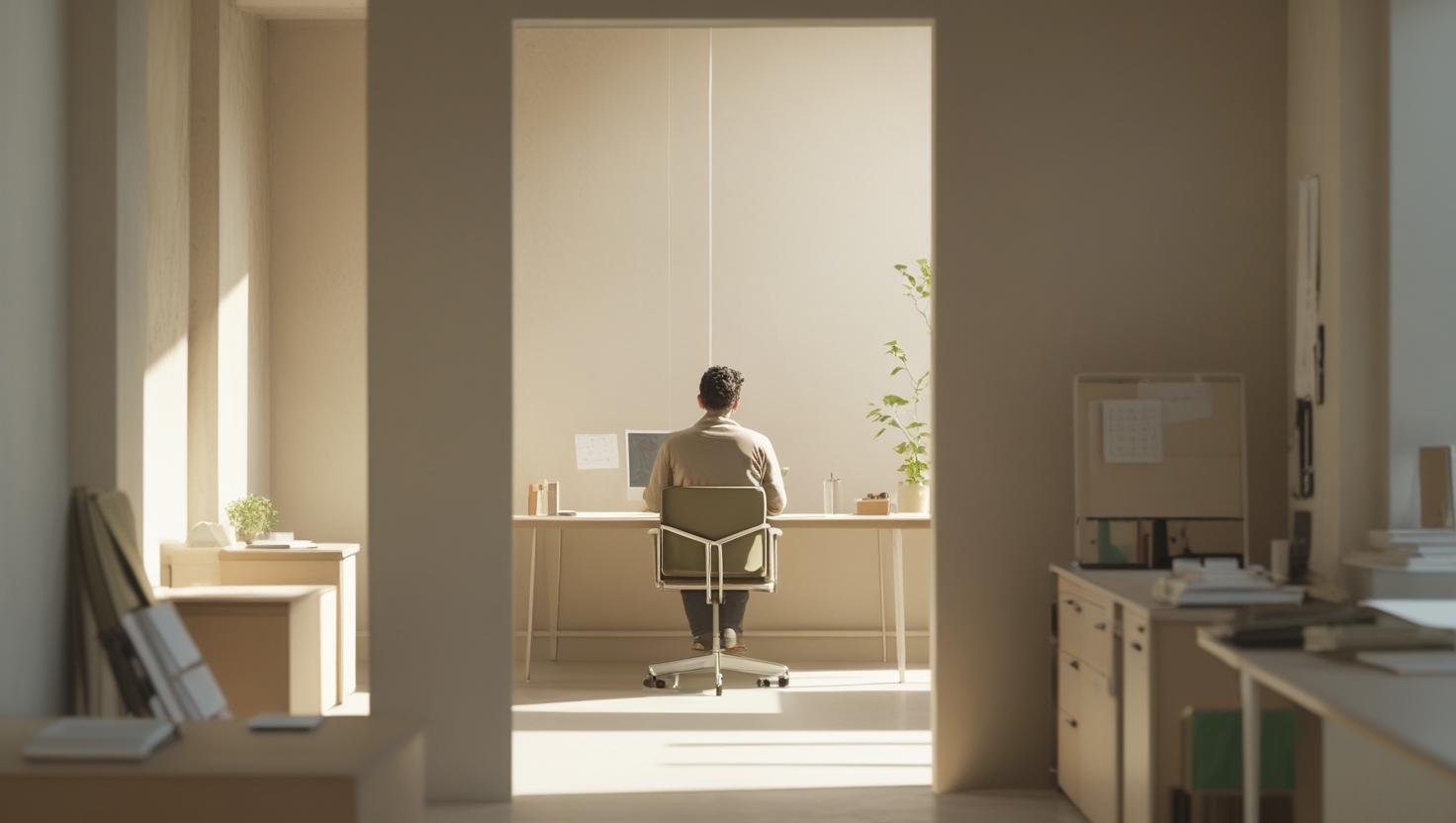
How to Unlock Your Brain’s Potential: Boost Productivity with a Brain-Friendly Workplace
Today’s workplace can often feel overwhelming—constant notifications, tight deadlines, and a never-ending stream of tasks compete for our attention. While many people believe productivity is achieved through harder work and longer hours, neuroscience tells a different story. True productivity comes from creating an environment that supports how the brain naturally functions.
As a specialist in the brain-personality connection, I have spent years exploring the relationship between neuroscience and workplace performance. One of the most powerful insights I’ve discovered is that small, intentional adjustments to your work environment can significantly enhance focus, creativity, and overall well-being.
Rethinking Productivity
For decades, productivity has been measured in terms of time and output—more hours, more tasks, more results. However, research reveals that this approach often leads to cognitive fatigue, stress, and diminished performance.
The reality is that your brain thrives under specific conditions. A workspace that considers mental, emotional, and physical well-being not only reduces stress but also fosters clarity, innovation, and resilience. When you design an environment that works with your brain instead of against it, you unlock your highest potential.
Strategies for a Brain-Friendly Workspace
Below are evidence-based strategies to create a workspace that promotes optimal brain function and sustained productivity:
 1.
Leverage
the
Psychology
of
Color
1.
Leverage
the
Psychology
of
Color
Color
influences
mood
and
cognitive
performance.
Cool
tones
such
as
blue
and
green
support
concentration
and
calm,
while
warmer
hues
like
yellow
can
inspire
creativity.
Consider
incorporating
these
colors
into
your
office
décor
or
digital
backgrounds.
2.
Incorporate
Water
Elements
The
sound
and
sight
of
water
can
have
a
calming
effect
on
the
nervous
system.
A
small
desk
fountain
or
even
a
background
of
natural
water
sounds
can
help
reduce
stress
and
improve
focus.
Staying
hydrated
is
equally
critical—keep
water
within
easy
reach
to
maintain
cognitive
sharpness
throughout
the
day.
3.
Integrate
Greenery
Plants
do
more
than
beautify
a
workspace.
They
improve
air
quality,
lower
stress,
and
boost
mood.
Even
low-maintenance
plants
such
as
succulents
or
ferns
can
create
a
healthier
and
more
inviting
environment.
4.
Prioritize
Nutritional
Support
Your
brain
requires
consistent
energy.
Nutrient-rich
snacks—such
as
nuts,
seeds,
fruits,
and
dark
chocolate—provide
sustained
mental
energy
without
the
crash
associated
with
processed
foods.
 5.
Schedule
Movement
Breaks
5.
Schedule
Movement
Breaks
Extended
periods
of
sitting
diminish
blood
flow
and
impair
mental
clarity.
Incorporating
short
breaks
for
stretching,
walking,
or
breathing
exercises
can
enhance
alertness,
reduce
fatigue,
and
promote
creativity.
6.
Invest
in
Ergonomic
Solutions
An
ergonomically
designed
workspace
reduces
physical
strain,
which
in
turn
supports
mental
focus.
Adjustable
chairs,
sit-stand
desks,
and
proper
monitor
positioning
are
essential
for
both
comfort
and
productivity.
7.
Design
Spaces
for
Recovery
Stress
is
one
of
the
greatest
barriers
to
peak
performance.
Creating
a
designated
area
for
relaxation—featuring
soft
lighting,
comfortable
seating,
or
noise-canceling
tools—allows
the
brain
to
reset
and
return
to
tasks
with
renewed
energy.
The Impact of a Brain-Aligned Workspace
 When
you
align
your
environment
with
the
brain’s
natural
needs,
you
do
more
than
increase
efficiency—you
improve
overall
well-being
and
job
satisfaction.
These
adjustments,
while
seemingly
minor,
create
powerful
shifts
in
focus,
creativity,
and
resilience.
When
you
align
your
environment
with
the
brain’s
natural
needs,
you
do
more
than
increase
efficiency—you
improve
overall
well-being
and
job
satisfaction.
These
adjustments,
while
seemingly
minor,
create
powerful
shifts
in
focus,
creativity,
and
resilience.
Your brain is your most valuable asset. Treat it accordingly. Begin by implementing one or two of these strategies, and observe how your energy, clarity, and productivity improve.
If you are ready to elevate performance and foster a culture of well-being in your organization, start with your workspace. A brain-friendly environment is not a luxury—it is a strategic advantage.
-Julie "Brain Lady" Anderson
